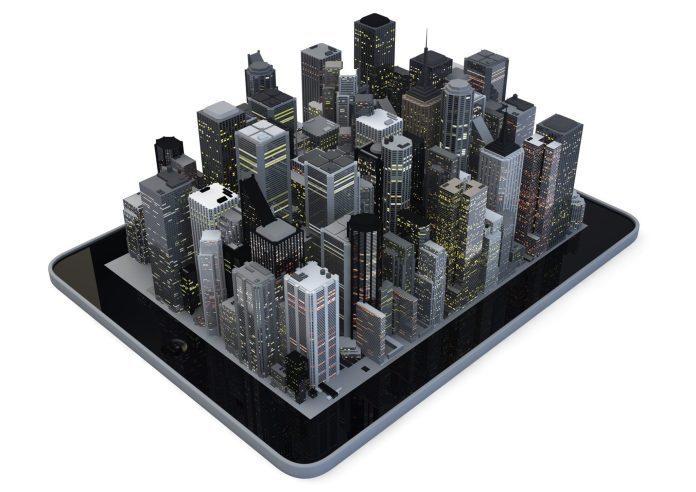Smart city use cases highlight role of Internet of Things
We’ve all heard the term smart cities, but it covers a broad swatch of technologies and applications. To get a better idea of the underlying vision, let’s take a look at three smart city use cases.
Amsterdam, Netherlands
Amsterdam is an early adopter in the smart city space beginning in 2006 with initiatives geared toward public spaces, mobility and sustainability. In 2013 city officials started considering the potential benefits of a smart, network-connected city lighting system.
From Cisco’s perspective, smart lighting is a huge opportunity. The company reports that lighting consumes 19% of all electricity used, a third of the existing infrastructure is decades old and more efficient lighting could potentially save $13.1 billion.

In the Westergasfabriek area of Amsterdam, Philips, the city and real estate owners started a pilot project based on smart lighting infrastructure.
According to a Cisco publication, the pilot “aims to provide an enhanced citizen experience by applying ‘design thinking’ to enhance citizen experiences, and by developing the potential for on-demand, usage-based service
provision; revenue-generation opportunities; and public-private partnership business models for networked civic services.
This is just one example of smart city projects going on in Amsterdam. Here’s a look at dozens of current and past projects ranging from fiber-to-the-home to car sharing.
Busan, Korea
Across the world in Busan, city leaders wanted to leverage an existing 10 GB high-speed Internet infrastructure connecting public institutions including government offices and schools to create job opportunities and economic sustainability.
Using a cloud computing platform-as-a-service, the city connected the Busan Metropolitan Government, five local universities and the Busan Mobile Application Center, which provides a setting for app development including workspace, offices, test equipment, APIs for public data and other tools.

Cisco reports the new facility has fostered a robust app development community. “Eventually the cloud platform is intended to deliver services to citizens through kiosks, citywide digital interactive displays, home-based access and mobile access.
Nice, France
Because smart cities incorporate such a wide variety of technologies, unified management solutions need to be in place. That was the goal of a smart city project in Nice designed to “test and validate an IP-enabled technology architecture and economic model, as well as to determine the social benefits of IoE. The project is based on a shared platform designed to be more flexible, granular, and scalable than early attempts at developing urban operating systems.”

City services covered in the pilot are smart circulation, smart lighting, smart waste management and smart environmental monitoring. The results can be used to help other cities accelerate smart city projects.
“As these solutions are implemented, Cisco and the city of Nice are assessing how captured data can be treated to make information context-specific and useful across different services,” according to a report. “For instance, can data captured by sensors for traffic patterns serve purposes beyond smart parking? How can this information also help optimize waste collection and environmental monitoring? The implications of data ‘crossfertilization’ and cross-collaboration go beyond technological feasibility because they also impact the decisions of city managers, cross-departmental collaboration, and back-office operations.
Nice hosts the annual TM Forum Live event, which includes smart city-related competitions. In 2015 Internet of Parks, which uses IoT applications to service parks and municipal green spaces, won a Hackathon for its automated robot that cleans parks in Nice,the fourth-smartest city in the world according to Juniper Research.
The robots can pick up trash from trash cans, automatically order new trash bags and send an alert to operators if the device is experiencing a problem.
The theme of the 2015 TM Forum Hackathon was “smart citizens in a smart city.” The Internet of Parks research and development team used TM Forum APIs, as well as Ericsson’s Connected Car API and IBM Bluemix.
Still in early stages, the Internet of Parks team plans to ultimately tie the robots to a mobile app “so the automatized vehicles can become truly steered by the crowd,” according to the company’s website.
A portion of this material appeared in a Cisco white paper titled “The Internet of Everything for Cities: Connecting People, Process, Data, and Things to Improve the Livability of Cities and Communities.”

